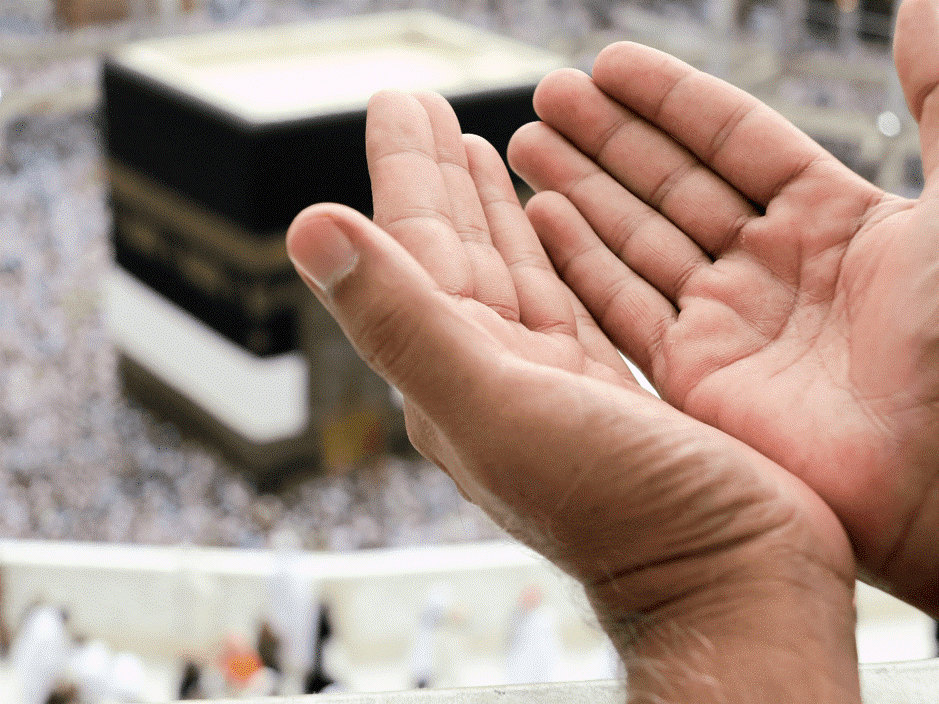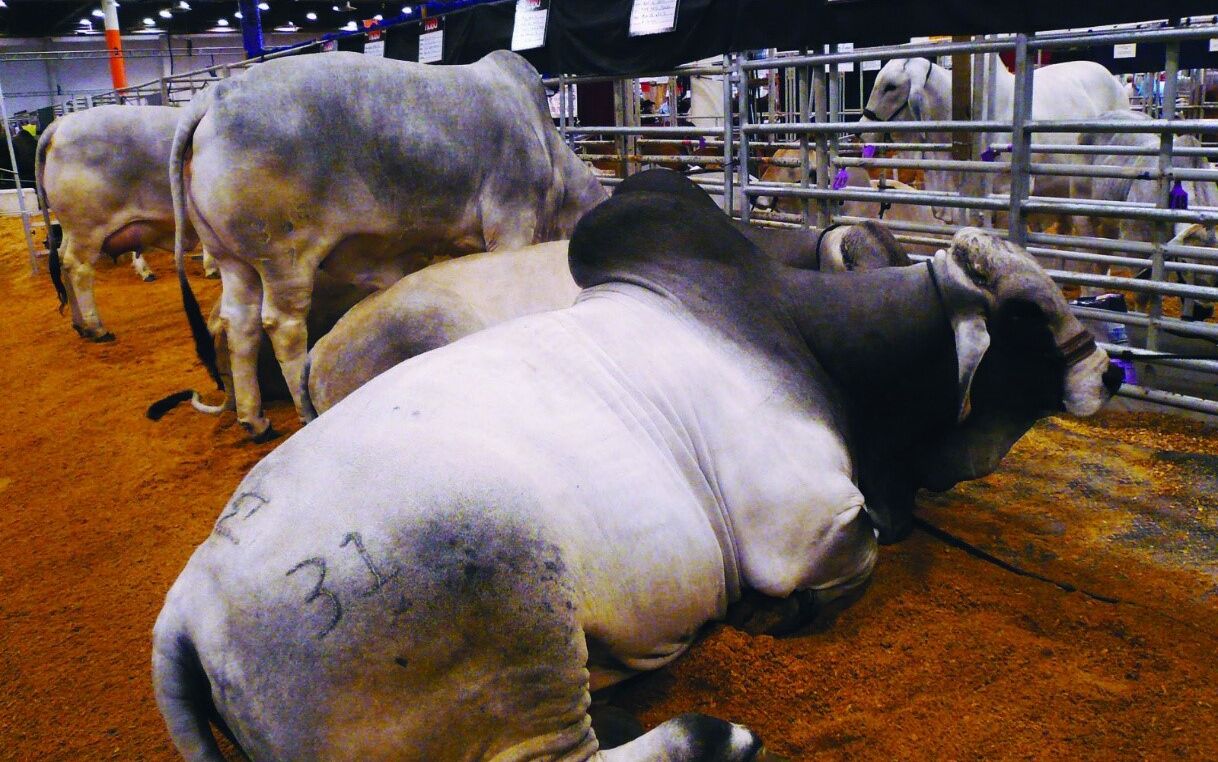Praise be to Allah The One who created Dhul-Hijjah and, Has created Time and has
made some times better than others,
some months and days and nights better than others,
in a sense that rewards are multiplied many times than
the case in other periods of time.
This reflects Allah’s overflowing mercy towards
His servants encourage them to do more righteous deeds
and make them more eager to worship Him so that the Muslim
renews his efforts to gain a greater share of reward,
prepare himself for death, and supply himself in readiness for the Day of Judgment.
Preference Of Dhul-Hijjah
Know that Allah has not made the days of the year not equal nor
all the timing same rather Allah has preferred certain timing over
the other and blessed certain periods over the other periods.
If such will be the case then we would not be enthused at certain
times of the year over others rather we would have the same
the energy throughout the entire year.
Then we should be extra good on those days.
Of the days Allah has chosen Friday and of the months Ramadan,
did you know that there are days more important than Friday and Ramadan?
Do you know them? They are the first ten days of Dhul-Hijjah.
Many of us are unaware of its importance

Importance Of Dhul-Hijjah
Allah says “Indeed, the number of months with Allah is twelve (lunar)months in the register of Allah (from) the day He created the heavens and the earth;
of these, four are sacred. That is the correct religion (i.e. way), so do not wrong
yourselves during them. And fight against the disbelievers collectively
as they fight against you collectively. And know that Allah is with the righteous (who fear Him)” ].
[Surah Tawbah 09: v: 36
Ibn `Abbas (may Allah be pleased with him and his father)reported that the Prophet (peace and blessings be upon him) said:
“There are no days in which righteous deeds are more beloved to Allah than these ten days.
” The people asked, “Not even Jihad for the sake of Allah?” He said,
“Not even Jihad for the sake of Allah, except in the case of a man
who went out to fight, giving himself and his wealth up for the cause,
and came back with nothing.” (
Reported by al-Bukhari

Islamic Months
In Islam, there are twelve months and among them four are sacred,
three are in succession, Dhul-Qadah, Dhul-Hijjah, Muharram, and Rajab,
which is not in succession. Imam Shafii (RA) said that this is the like
Omar ibn Abdul-Aziz to the rest of Khulafa did not live immediately
after Ali (RA) that he is included. Imam Hassan Al Basri said this month
“don’t lose your obligation and increase your good deed”.
Ibnu Khathir`s also said “you can do Hajj & Umrah, fast,
extra dhikr and repent. Ibn Baz said “sin in the ten days of Dhul-Hijjah are
more severe and greater than sin in Rajab and Shaaban”
You finish Ramadan than the six days of Shawal then immediately
coming after that, you end up with Dhul-Qadah, then Dhul-Hijjah
to prepare for Hajj. Muharram is the best month to fast outside Ramadan.
The way they are bunched you finish the Islamic year strong and
you’re able to start strong to maintain that spiritual high
Virtues Of The Ten Days Of Dhul-Hijjah
Allah swears an oath by them and swearing an oath by something
is indicative of its importance and great benefit.
Almighty Allah says: [By the dawn; by the ten nights.] (Al-Fajr 89:1-2)
Ibn `Abbas, Ibn Az-Zubayr, Mujahid, and others of the earlier and later
generations are of the opinion that this refers to the first ten
days of Dhul-Hijjah. Ibn Kathir said: “This is the correct opinion.
” (Tafsir Ibn Kathir, 8/413)
The Prophet (PBUH) testified that these are the best days
of this world, as was already quoted above from authentic
Hadiths (the fourth paragraph.)
These ten days include the Day of Arafah,
on which Allah perfected His Religion. Fasting on this day will expiate for
the sins of two years.
These days also include the Day of Sacrifice,
the greatest day of the entire year, and the greatest day of Hajj,
which combines acts of worship in a way unlike any other day
Offering Udhyiah /Sacrifice On Eid Ul-Adha
What is an Udhyiah? Udhiyah refers to the animal
(camel, cattle or sheep) offered as a sacrifice, and it
as an act of worship dedicated solely to gaining the
Pleasure of Allah Subhanahu Wa ta’ala during or after the month of Dhul-hijjah
What is the importance of Udhiah?
Udhiyah is one of the great rituals of Islam, and mainly happens during the month of
Dhul-hijjah.
In which we remember the Oneness of our Creator Allah,
His Blessings upon us and the obedience of our
father Ibrahim to his Lord, and in this act of Udhiyah there
is much goodness and blessing.
So the Muslims must pay attention to its great importance.
In the Qur’an, Allah says: “Therefore turn in prayer to your Lord and sacrifice (to Him only)” (Al-Kawthar: 2).
The Udhyiah is also an act of Sunnah or tradition of the
prophet Muhammad (may Allah be pleased with him)
who according to Anas ibn Malik: “sacrificed two white rams
speckled with black. He slaughtered them with his own hand,
said ‘Allahu Akbar,’…” (Sahih Al-Bukhari and Sahih Muslim)
What is the Islamic ruling regarding the Udhyiah?
“Offering Udhiyah during Eid Al-Adha in dhul-Hijjah is regarded as Wajib (mandatory) according to Imam Abu Hanifah and an as-Sunnah Mu’akkadah (stressed/emphasized Sunnah) according to other jurists.
The ruling mentioned above is applicable to those people who have the Nissab (payable amount) of Zakah. So if someone is unable financially, then he/she is not mandated to perform the Udhiya.
Conditions of the Udhyiah (to be accepted by Allah S.W.)
The time for offering a sacrifice begins AFTER the Eid Al-Adha prayer. The Prophet (peace and blessings be upon him) said that whosoever offered a sacrifice before Eid prayer, he or she just slaughtered an animal for meat, but whosoever made a sacrifice after Eid Al-Adha prayer, he or she has offered a sacrifice (Al-Bukhari, Sahih, Hadith no. 902). The time of sacrifice remains in effect until sunset on the 13th day of Dhul Hijjah
One sacrifice is sufficient for one household (family)
Types Of Animals Of Udhiya
The types of animals that can be slaughtered are
(goats, sheep, cows, and camels).
One goat, lamb, or sheep is on behalf of one household,
but seven people can share in offering one cow or one came
The animal should have reached the required age,
which is six months for a lamb, one year for a goat,
two years for a cow and five years for a camel
The animal should be free of any faults because the Prophet
(peace and blessing be upon him) said:
“There are four that will not do for sacrifice: a one-eyed
an animal whose defect is obvious, a sick animal whose sickness
is obvious, a lame animal whose limp is obvious and an
an emaciated animal that has no marrow in its bones.”
(Sahih Al-Jami`, no. 886).
There are milder defects that do not disqualify an animal,
but it is makruh (disliked) to sacrifice such animals,
such as an animal with a horn or ear missing,
or an animal with slits in its ears, etc.
Udhiyah is an act of worship to Allah,
and Allah is Good and accepts only that which is good.
Whoever honours the rites of Allah, has to do with the piety of the heart.
It is forbidden to sell the sacrifice. If an animal has been
selected for sacrifice, it is not permissible to sell it or give it away,
except in exchange for one that is better.
How To Giove Out The Meat Of Udhiyah?
The meat of the Udhiyah should be divided in three equal portions:
one for oneself and the family, one for friends or relatives
(friends do not have to be poor to be given meat),
and one for the poor and needy.
The division does not have to be very accurate,
but the more that is given to charity,
the greater the reward will be, Insha Allah.
Even if someone is unable to distribute the meat
to the needy, he/she should still slaughter for that
the reward of slaughtering is too great to be missed
The Udhiyah can be performed in another country on
behalf of those who have the intention to sacrifice.
You can arrange this through a charitable organization if you’d like.

Ruling On Singling Of Fasting On Friday Or Saturday
Singling out a day for observing a naafil (what is not obligatory) fast is permissible unless it is a Friday or Saturday. Abu Hurayrah (RA) said: I heard the Prophet (ﷺ) say: “No one of you should fast on Friday unless he fasts (a day) before it or after it.” Al-Bukhaari according to a report narrated by Muslim: “do not single out the day of Friday for fasting, unless that coincides with a fast that one habitually observes.” Muslim Al-Hafiz Ibn Hajar stated in al-Fath that an exception to the Friday fasting prohibition is made.
If a person habitually fasts on a specific day, such as Arafah, and it coincides with Friday. The same applies to Saturday in regards Saturday, singling it out for Fasting is also Makruh. In a narration by al-Tirmidhi, Abu Dawud. and Ibn Majah The Prophet (ﷺ) said: “Do not fast on Saturdays apart from days when you are obliged to fast. If any one of you cannot find anything other than grape stalks or the twigs of a tree, let him chew it (to make sure that he is not fasting).” Classed as sahih by al-Albani in al-Irwa. Shaykh Ibn ‘Uthaymin said with regard to fasting on a Saturday: ” If it happens to be one of the days when it is prescribed to fast, such as Ayyam_al_Beed (the 13th, 14th and 15th of each Islamic month), Arafah, Ashura and six days of Shawwal. There is nothing wrong with that because he is not fasting because it is Saturday, rather it is because it is one of the days when it is prescribed to fast.” Hence it is not makruh to Fast this Friday because it will be the Arafah sermon Allah knows best.
Conclusion.
It is permissible to observe Fasting on the Day of Arafah alone if it happens to be on a Friday or Saturday without observing Sawm on a day preceding or succeeding it.
